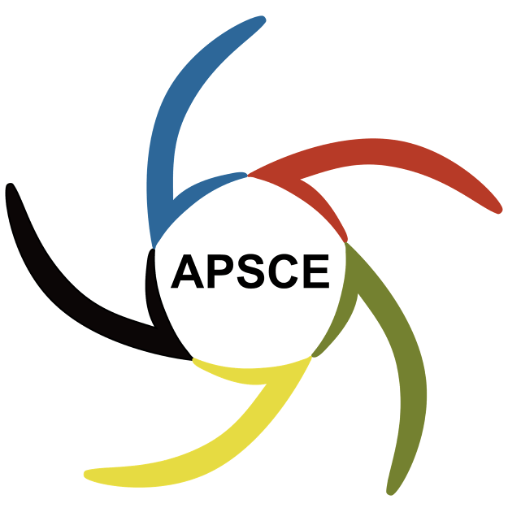

Speaker:
Jason LODGE - University of Queensland, Australia
Andy NGUYEN - University of Oulu, Finland
Yun WEN - Nanyang Technological University, Singapore
Chair:
Lenka SCHNAUBERT - University of Nottingham, UK
Curated by: APSCE Computer-Supported Collaborative Learning / Learning Sciences (CSCL/LS) SIG
Date: 9 September 2024
Time: 15:30-17:00 (UTC +8)
Register before 7 September: https://us06web.zoom.us/webinar/register/WN_gYmz42bwRmmVMa6KNi4-qw
Abstract
The expansion in the capabilities of AI in recent years, specifically large language model (LLM) - based tools such as ChatGPT and Gemini, has the potential to transform CSCL (Computer-Supported collaborative learning). Educators and researchers now envision novel roles for AI in collaborative learning as a tutor, as a partner or as an orchestrator. At the same time, if used inappropriately, AI can have detrimental effects on the learning processes in CSCL. Therefore, in order to leverage the benefits of AI without its negative effects, the integration of AI into CSCL must be done in a careful and research-based manner.
In this panel, we discuss how AI can be effectively employed as a partner in CSCL. We begin by exploring the benefits and drawbacks of AI and areas where AI can effectively be a collaboration partner and where it cannot be in its current form. We also discuss the broader implications of AI as a partner in CSCL, asking whether as a society it is something that we want - what we gain and what we risk through the use of AI in CSCL. Finally, our panellists will elaborate on potential future directions for the field over the coming years.
Through examples from their own work, our panellists will highlight ways and contexts AI can be an effective partner in CSCL and where it needs to improve. In all, this webinar will allow attendees to understand the challenges and explore opportunities for integrating AI as a partner in CSCL, offering considerations and insights for their own work.

